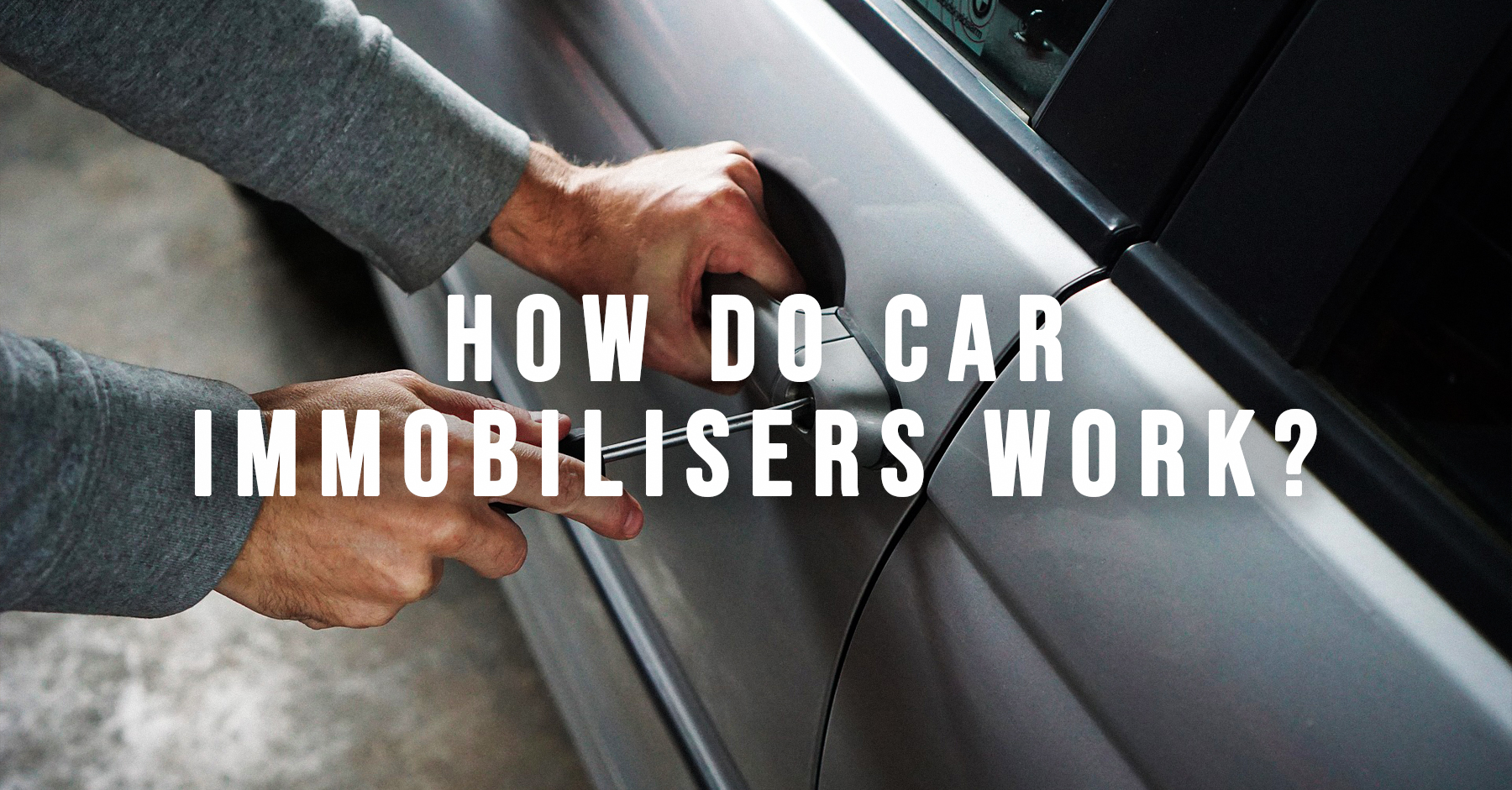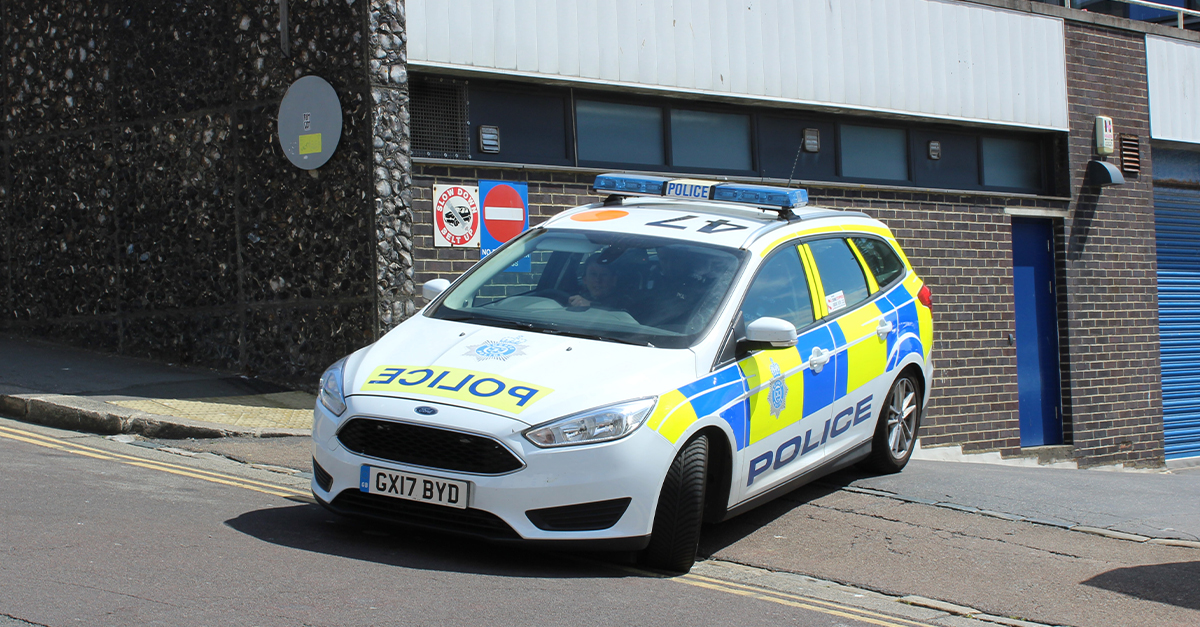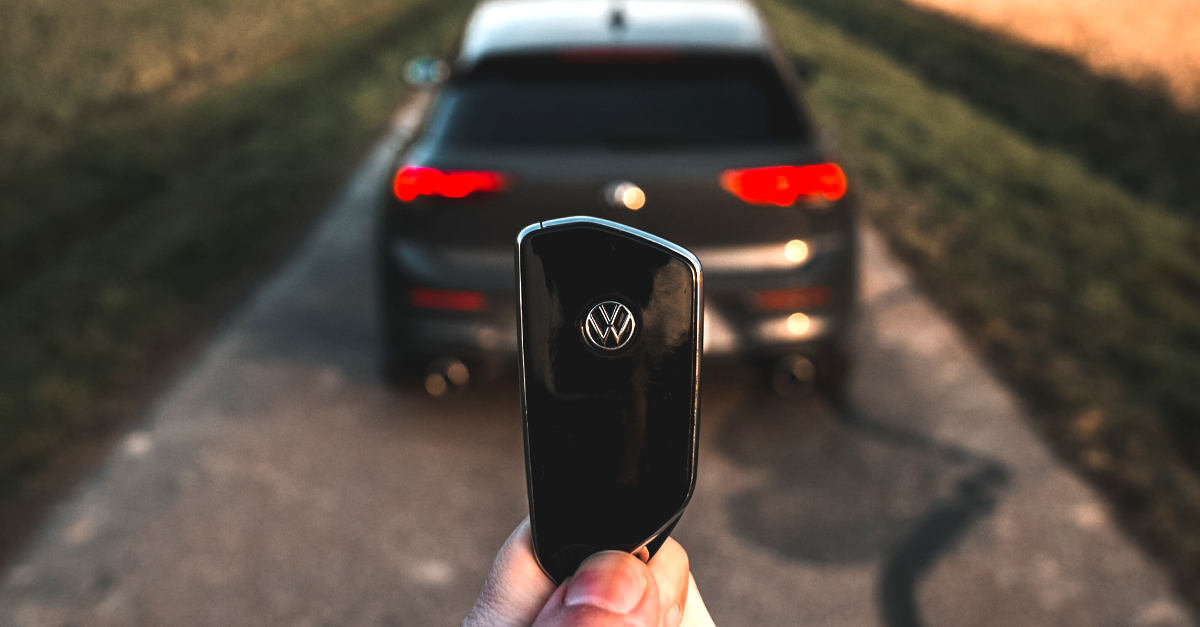How do car immobilisers work?
On By
The immobiliser is a clever device that has been used to reduce car thefts across the country for the past 20 years and is a feature that many motorists forget their vehicle has.
In this article, we’ll break down how immobilisers work and how effective they are against car thefts.
What is an immobiliser?
If your car was registered after October 1998 in England or Wales, then the chances are it's has been fitted with an electronic security device called an immobiliser.
An immobiliser uses electronic codes to stop intruders from driving away in your car when your key is not present.
How do they work?
Every time you go to start your car, the key or fob sends a code to the car’s Electronic Control Unit (ECU) which then allows the engine to start. The code that is sent acts a bit like a password that grants you access to your vehicle.
If someone else attempts to start your car using a different key, the code sent out to the ECU won’t match and the car will fail to start. The immobiliser disables key components such as the ignition or starter motor which effectively immobilises the vehicle.
Another feature of some immobilisers is that when no code or the wrong code is detected, the car alarm is also activated to draw attention. In some of the latest high-end models, a signal is also sent to a security firm that will alert the driver that a theft is trying to take place.

How effective are they?
Immobilisers have proven to be effective in reducing crime. A study conducted by the Economic Journal showed that immobilisers lowered the rate of car thefts by around 40% between the years 1995 and 2008.
However, as good as these devices are, they are not perfect. Some thieves have developed ways to get around these types of systems.
‘Relay theft’ works against cars that have keyless entry and start systems. This is when the thief uses a device that can copy the code sent out by a driver’s car key and then replicates it to fool the vehicle that the key is present. This allows the thief to bypass the immobiliser and start up the vehicle.

Technology is constantly advancing to make these types of thefts more difficult. For those not trusting in their car’s safety tech, signal blocking pouches or boxes can be used to hold your car keys whilst they’re not in use to prevent thieves from copying their signals.
How else can I protect my car?
Car security devices extend much further than just immobilisers. There are lots of ‘Thatcham approved’ devices that can protect your vehicle too, these range from category 1-7. This means that it's been approved by the Thatcham Motor Insurance Repair Research Centre.
These types of devices include car alarm upgrades, wheel locking and stolen vehicle tracking. If you’re apprehensive about your car’s safety, then these options are worth looking into.
Aside from advanced technology, you can help to keep your vehicle safe by parking in safe places and by looking after your car keys.

